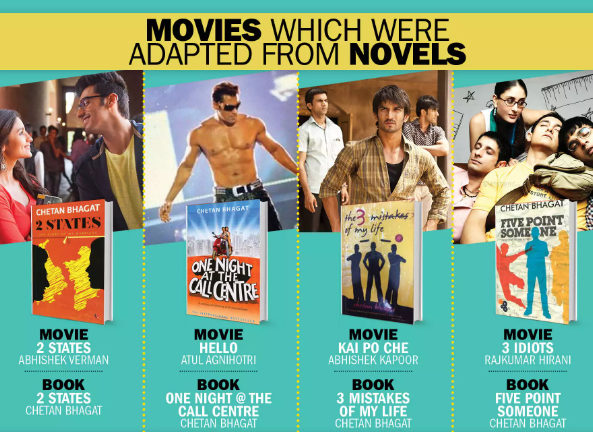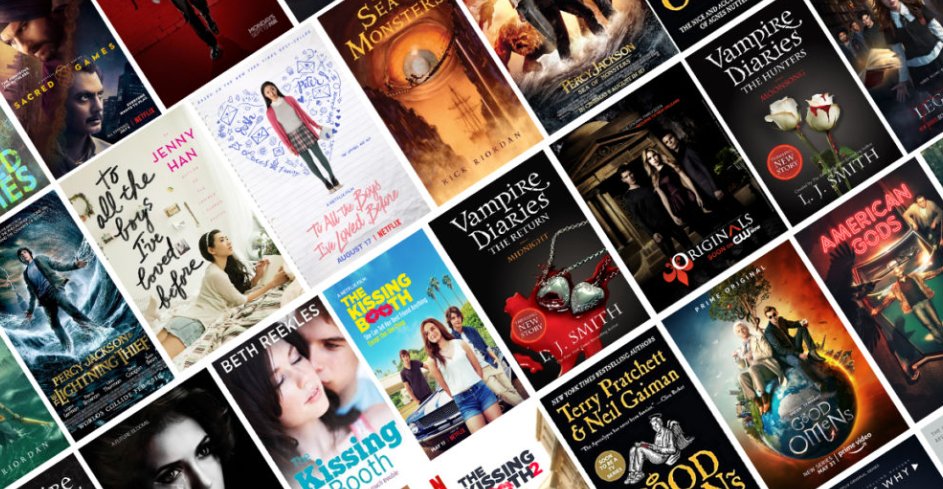In 2024, the trend of adapting literature into OTT series continues to flourish, offering a diverse range of storytelling experiences to global audiences. These adaptations span genres from epic fantasy sagas to poignant character studies, effectively translating beloved books into captivating visual narratives. This fusion of literature and screen not only entertains but also enriches viewers’ experiences, providing immersive journeys into well-known novels. With an increasing appetite for quality content, the future of OTT adaptations looks promising, hinting at innovative collaborations and deeper explorations of literary works on screen.

The success of these adaptations lies in their ability to capture the essence of the source material while adding new dimensions through visual storytelling. These series often attract a diverse audience, including both fans of the original books and newcomers, who are drawn to familiar stories presented in a fresh and engaging format. Moreover, the flexibility of OTT platforms allows for greater creative freedom, enabling creators to delve into complex themes and characters in ways that traditional formats may not permit.
In addition to high-profile adaptations, OTT platforms are also embracing lesser-known literary works, bringing niche stories to a global audience. From indie novels to cult classics, these adaptations provide a refreshing departure from mainstream fare, catering to discerning viewers seeking unique and thought-provoking narratives.

Financially, book-to-screen adaptations have proven lucrative. According to a Forbes report, adaptations earn 53% more revenue than original screenplays, likely due to the ready audience being familiar with the source material and eager to see it on screen. In Bollywood, Chetan Bhagat’s works, such as “Five Point Someone” adapted into “3 Idiots” and “3 Mistakes of My Life” into “Kai Po Che,” have highlighted the trend of turning books into successful movies.
Content creators, agencies, and authors unanimously believe that book-to-screen adaptations will continue to grow. With a focus on strong storytelling, this trend is expected to be further explored in the future.
Industry experts also predict significant changes, Chaudhuri contended that increasing demand will lead studios to invest more in writers’ rooms. “A few years down the line, the film industry awards and the National Awards will have a category for ‘best-adapted screenplay’ like they always do at the Academy Awards,” he said.
Neelkanth expressed that more books will be adapted due to a shortage of content in the show industry. “Book adaptation does not depend on the commercial success of books. If you have a compelling story and know how to tell it well, it does not matter how many copies the book sold. The film/TV industry would lap up the books that would yield you a lifetime worth of royalty of a bestseller in one go. So, all the writers out there, keep writing,” he concluded.
As the intersection of literature and screen continues to evolve, viewers can anticipate a wealth of engaging and diverse content, bringing their favourite books to life in new and exciting ways.

